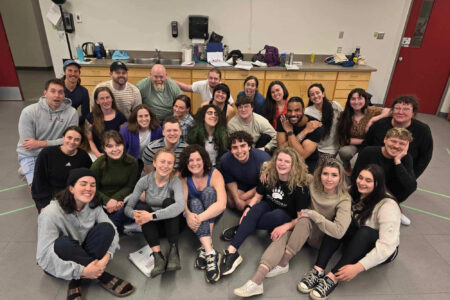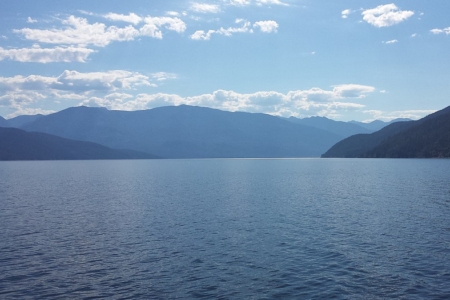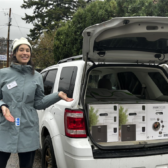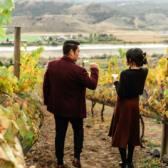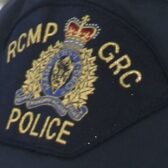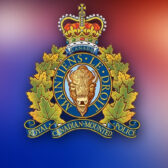Two Okanagan provincial parks renamed
Environment Minister Mary Polak and Osoyoos Indian Band Chief Clarence Louie celebrated another step forward in their partnership agreement today announcing the official renaming of Haynes Point and Okanagan Falls provincial parks to the traditional First Nation nsyilxcen (Okanagan) place names.
The name changes are part of an agreement made between the Province and the Osoyoos Indian Band that also sees the Band managing the two parks and will see McIntyre Bluff officially renamed as well.
“This agreement between the Province and the Osoyoos Indian Band ensures visitors from around the world can continue to enjoy these parks and, at the same time, the protection of important archaeological sites and areas of significant cultural values,” said Polak. “Thank you to Chief Louie and the Osoyoos Indian Band for working with us to develop this agreement, strengthening our government-to-government relationship.”
Haynes Point Park is now officially known as “sw̓iw̓s park.” sw̓iw̓s (swee-yous) means place where it is shallow or narrow in the middle of the lake. The place name explains how the Okanagan ancestors of the Osoyoos Indian Band used the area as a very important crossing point from one side of Osoyoos Lake to another.
The official name for Okanagan Falls Park is now “sx̌ʷəx̌ʷnitkʷ park.” sx̌ʷəx̌ʷnitkʷ (s-wuh-wuneet-kw) means little falls and signifies a connection to Kettle Falls, which is known as big falls in the nsyilxcen language. These two falls were the most important fishing sites in the Okanagan Nation’s territory.
sx̌ʷəx̌ʷnitkʷ park was also once part of the Osoyoos Indian Band’s reserve lands. The reserve was allotted to the Band for fishing purposes, but was cut off by the McKenna-McBride Royal Commission in 1913.
The place name for McIntyre Bluff is nʕaylintn (Ny-lin-tn). The process to officially restore this place name is underway with the provincial government.
“Language and place names are of utmost importance to the historical and cultural identity of people from any region or country,” said Chief Louie.
“The early English and French settlers knew this – some of their first actions were to rename and map the countries they settled. sw̓iw̓s, sx̌ʷəx̌ʷnitkʷ and nʕaylintn are important Okanagan Nation place names that represent our culture and our tribal territory. These are historic names that have stood for thousands of years.
“First Nation language and place names deserve the same respect as their English names – not just in an historical context, but in a contemporary context as well. I am so proud to know that these names will now be formally recognized and acknowledged as part of the political, social and cultural future of this province. On behalf of all Okanagan (nsyilxcen) language speakers, I want to thank Minister Polak and the B.C. government for working with the Osoyoos Indian Band in the spirit of reconciliation and agreeing to bring back these three important Okanagan Nation place names.”
“The Osoyoos Indian Band has had years of experience operating campsites at their resort in Osoyoos,” said Linda Larson, MLA for Boundary-Similkameen.
“This agreement gives the OIB more involvement in park management and operations that supports long-term protection of important cultural values, while allowing for continued public use and enjoyment.”
Both parks are open, and campers can expect the same recreational opportunities enjoyed previously.
During the transition to the nsyilxcen names, the English names for both parks will be included in local signage.




